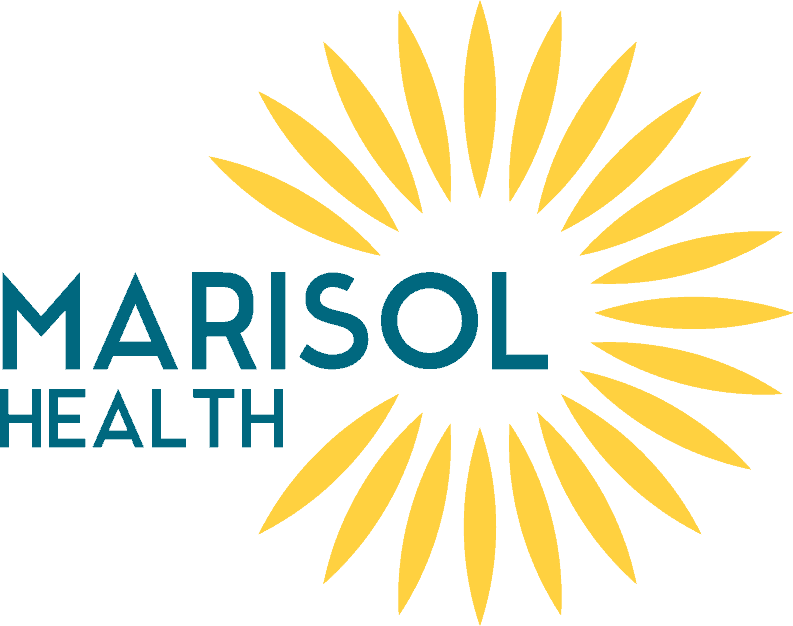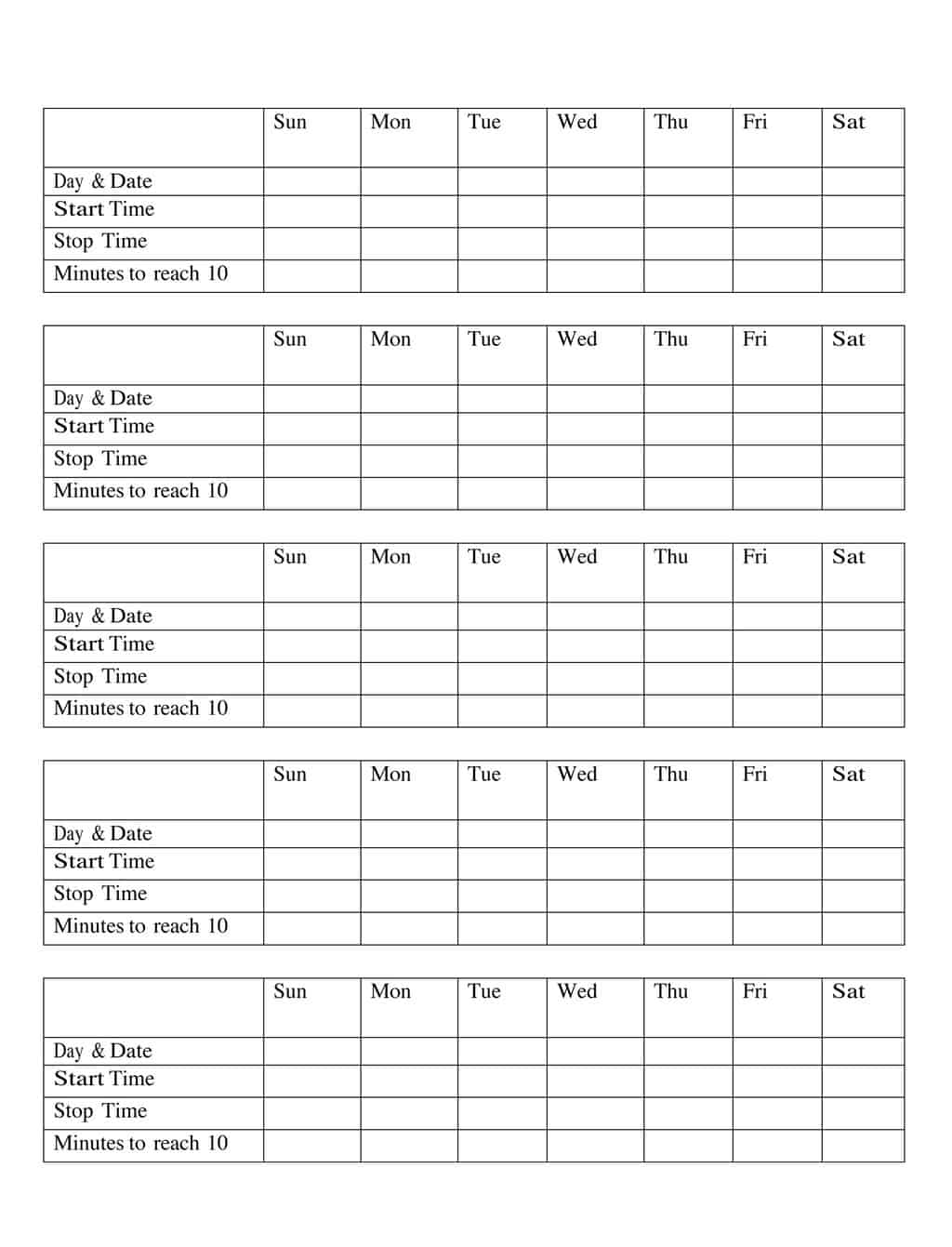Congratulations on your Pregnancy!
You’ve started out well – seeking out the finest prenatal care during your pregnancy. Our staff has over 60 years of combined experience in caring for women! We are excited to do everything we can to make your experience with us as pleasant as possible, utilizing a combination of state of the art equipment, modern techniques, natural approaches and old-fashioned concern for your well-being.
Marisol Health is committed to promoting healthy living while affirming the dignity of women and of life. We are a pro-life office, and do not perform or refer for abortions. Therefore, we do not routinely order genetic tests on your baby, which may lead to the consideration of an abortion. If you have reason to believe that such testing is indicated in your situation, please discuss this with our staff.
Care in the Office
Typically, a pregnancy lasts 40 weeks. The pregnant women without complications see their obstetrician every month through week 28, then every two weeks from weeks 28 to 36. Finally, you will be seen every week from weeks 36 to 40.
Care in the Hospital
Although our primary delivery hospital in Denver is Swedish Medical Center in Englewood, we also have privileges at AdventHealth Littleton Hospital in Littleton. In Northern Colorado, our delivery hospital is Poudre Valley Hospital in Fort Collins.
Emergencies and Serious Concerns
Our staff will assist you with any concerns during normal business hours. If you have a serious concern during your pregnancy or think you may be in labor after hours you may call our main number to reach the on-call provider. In Denver, call 303-789-4968 or in Northern Colorado, call 970-818-5745.
In order to receive the best care, you should be able to recognize an emergency and know what to do about it. Any of the following should be considered emergencies, and you should seek medical help immediately.
- Any vaginal bleeding
- Sharp or persistent abdominal pain or cramps
- Persistent headaches
- Extreme nausea and vomiting, or vomiting after the fifth month of pregnancy
- Blurred vision
- Unusual swelling of hands, feet, or face
- Sudden weight gain (a gain of 1 lb per day over 3+ days in the 7th to 9th month)
- Loss of fluid from the vagina
- Infection, fever, chills or flu like symptoms
- Fainting
- Pain or difficulty with urination
- Hard or regular contractions prior to 36 weeks
- Any concerns about fetal movement
Bleeding
Twenty-five percent of all pregnant women have bleeding problems during the first three months of pregnancy. Many things can cause this, and it may be harmless, but it may also signal a miscarriage. Bleeding during the later months is unusual and serious. If you have ANY bleeding, call for assistance. If possible, save any clots so that they may be examined.
A Healthy Beginning
We are very concerned about the best possible start for your baby. Here are a few necessary and important ways you can take charge of your health and contribute to your baby’s good health as well.
- Abstain from ANY tobacco use, and also avoid second-hand smoke.
- Abstain from consuming alcoholic beverages.
- Do not use over-the-counter medications without contacting us.
- Do not change kitty litter.
- Limit your use of caffeine to two servings or less per day.
- Take prenatal vitamins as prescribed.
- Avoid saunas and whirlpool hot tubs.
- Avoid undercooked meat, and try to eat as much healthy fresh food as possible.
- Wear your seatbelt at all times.
Baby Movement
Most women begin to notice their baby moving around 20 weeks. At about 24 weeks a baby will begin to have more regular and consistent movements. By 26 weeks a woman should be able to do “Kick Counts.”
When: During your baby’s active times of the day, After eating or drinking something cold, After a walk, while you are feeling for contractions. It is good to do kick counts every day.
How: Sit down, put your feet up, place your hands on your belly and begin counting each time your baby gives you a nudge, kick or movement.
Why: Baby movement give insight into life on the inside. A baby should move 5-10 times in 1-2 hours. If your baby is not moving this much or if it is moving less than normal for you this may indicate something is going on. Please call if you are ever concerned about how much the baby is moving or if your baby is not moving.
Medications
Some over-the-counter medications are safe in pregnancy.
Do not use any over-the-counter medications during your pregnancy without first consulting with our staff.
Emotions
In our aim to provide complete care for our patients, we recognize the importance of the emotions you may experience during pregnancy. It is not uncommon for you and your family to experience additional tension and stress during this time. Pregnancy and/or birth of a baby can strain relationships with loved ones, create budget problems, hamper careers, or force changes in identity and body image. Please remember, we are here to help. Feel free to discuss these problems with us any time. We can also make arrangements for you to visit with a counselor to help you and your family adjust to the many changes pregnancy may create in your life.
Exercise
Exercising during your pregnancy is not only safe but also important. Exercise helps to keep a balance between the fuel your body gets and the use of that fuel, to avoid problems associated with gestational diabetes and other disorders.
However, it is necessary to follow some general guidelines for a healthy workout. Please check with our staff before starting an exercise program.
- Drink fluids before and during exercise – even in winter.
- Follow a slow warm-up routine for at least 15 minutes before starting.
- Follow a mild stretching routine before exercise (But not to your limit).
- Remember, your ligaments are looser now and can be more easily injured.
- Avoid exercises with jerky or bouncing motions.
- Be sure your exercise area is clear (avoid rugs that may slide), adequate in size, and has a stable floor.
- Exercise regularly (3 or 4 days a week) not just once in a while.
- This is not the time to be competitive! Exercise at your own pace and comfort level.
- Do not exercise during hot, humid weather or if you have a fever.
- After the fourth month, do not exercise lying down on your back.
- Do not take part in any exercise including lifting weights where you hold your breath and strain. Lifting weights is good, just remember to breathe!
- Adjust caloric intake to your level of activity. But remember, during pregnancy, calorie levels need to be over and above your usual amount.
- Avoid strenuous exercise at higher levels of altitude than you are accustomed to.
- Monitor your activity so your pulse does not exceed 140 beats per minute.
Breast vs. Bottle Feeding
Breastfeeding has been proven to be the best choice for both the mother and the child’s health and well-being. As a new mother, you know that proper nutrition is vital to your baby’s proper growth and development. By breastfeeding, you will be joining billions of women throughout the history of the world who find it simply ideal.
It is an amazing thing to be a woman, especially a new mother whose body is producing food for her growing child. Along with the perfect combination of nutrients, nature has provided breastmilk as an excellent source of antibodies which will protect your child from illness. It is perfectly matched for your baby’s needs. It is convenient, and free! Also, the contact made by the act of breastfeeding will contribute to your infant’s emotional well-being. As long as you choose to breastfeed, your body will benefit as well. It has been shown to reduce the incidence of breast cancer and will help your body resume your pro-pregnancy weight.


